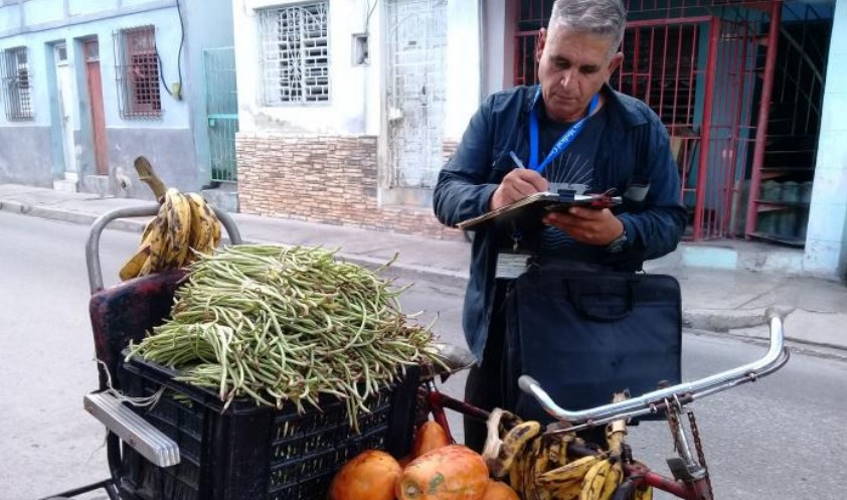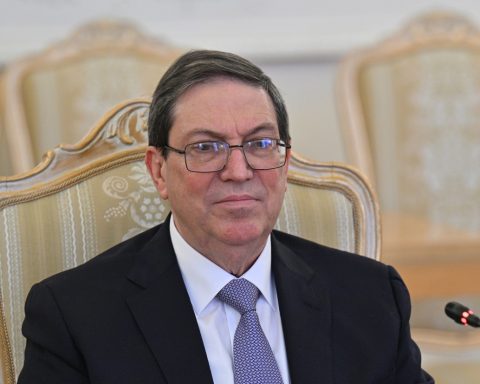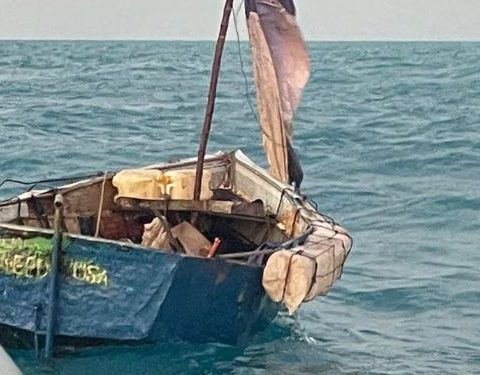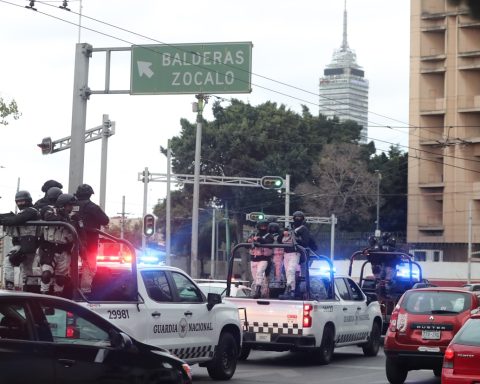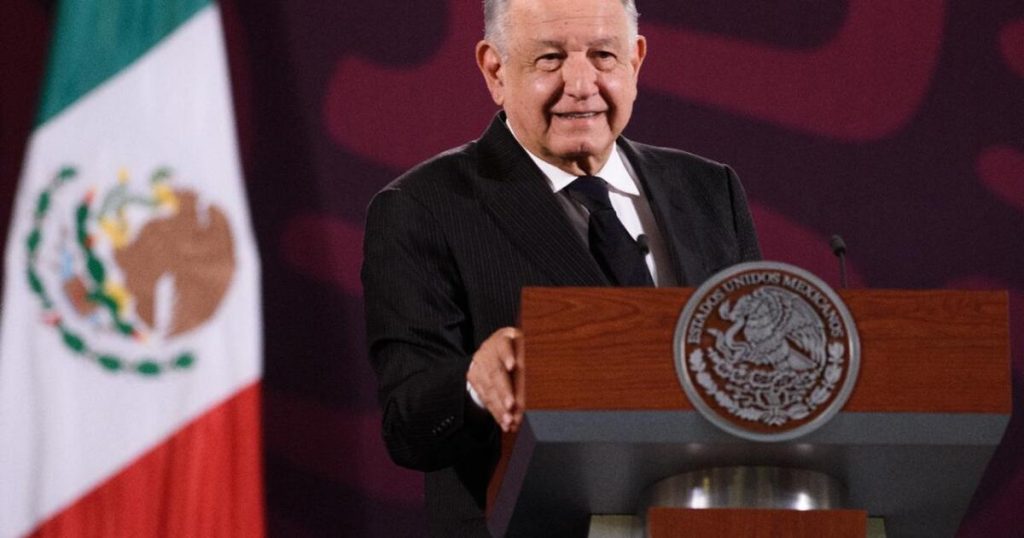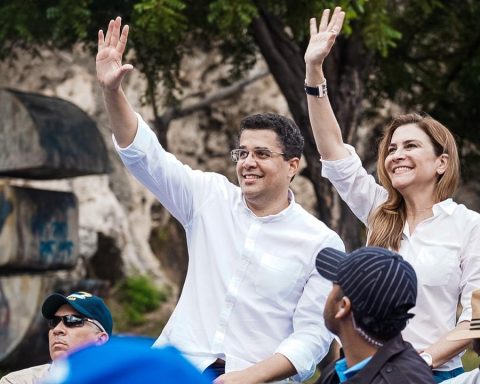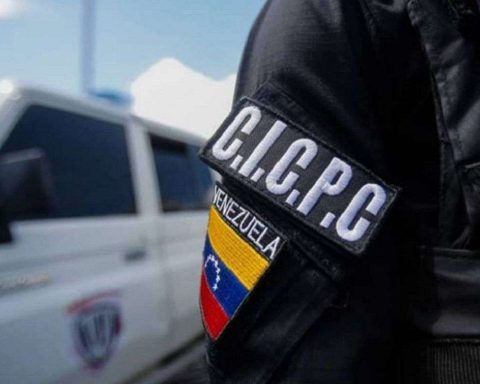AREQUIPA, Peru – The Ministry of Finance and Prices (MFP) in Cuba reported that at the end of June 2024, a total of 753,056 fines were imposed on the Island, with an amount amounting to 944 million pesos, decreasing by 89,226 fines compared to the same period of the previous year.
However, the Cuban regime earned 44% more from collecting fines compared to 2023, collecting more than 782 million pesos, a behavior mainly due to the increase in value average fine.
Heidi Bas Sosa, director of Fines at the MFP, explained that 83% of the imposition is concentrated in the Inspection Directorate of the Municipal Administration Council, the Ministry of the Interior (MININT) and the Ministry of Public Health (MINSAP).
In a meeting with the provincial directors of the organization, he pointed out that Cuba achieves a collection efficiency of 86.9%, with a growth of 1.7%, and that the performance of some territories such as Havana, Pinar del Río, Artemisa, Mayabeque and Las Tunas has a negative impact on these results.
Bas Sosa stated thatcontrol and collection of fines is supported by an automated national system (CGM) that is in the process of improvement.
The directive also stated that he 70% of the outstanding fines to be collected are concentrated in six provinces: Havana (32.2%), Pinar del Río (9%), Holguín (8.3%), Santiago de Cuba (7.3%), Matanzas (7.4%) and Camagüey (6.4%).
The MFP official also highlighted the use of the Transfermóvil platform, through which, until the end of June, 122,974 fines were paid, a figure that is 19,473 less than that reached in all of 2023.
He added that, of that total, some 62,000 correspond to contraventions, and more than 75,000 traffic violations, collected through that means. ascending amounts to more than 87 million pesos.
Vladimir Regueiro Ale, head of the MFP, said that there is impunity in the collection of fines on the Island and referred to the need for changes in the ways in which the exercise is carried out through specific strategies.
Regime collects millions in fines thanks to SMEs
Between July 12 and 13 of this year alone, the regime collected more than 13 million pesos in fines in what it called “actions of confrontation” and “popular control.”
The event happened at the stipulated measures in Resolution 225/2024 of the MFP, with which the Castro government capped the prices of several high-demand products in the country’s retail network.
A official newspaper report Granmapoints out that government officials carried out some 11,891 inspections on those dates, resulting in the aforementioned fines to micro, small and medium-sized enterprises (SMEs), among other additional sanctions such as forced sales and suspension of activities.
Subsequently, between July 15 and 20, the island’s regime collected 30 million pesos in fines for violations of capped prices.
The fines were the result of more than 19,300 “price control actions in the country” and the detection rate of violations was 60%, State media reported Cubadebate.
Regueiro Ale then commented that fines range between 5,000 and 15,000 pesos for violations of rates and prices, but can reach up to 18,000.
Since last Monday, July 8, the Cuban Government reactivated the controversial measure of price cap to several basic necessities, a week after it was temporarily suspended.
The resolution, promoted by the Ministry of Finance and Prices, sets maximum retail prices for six basic products, mostly food, with the alleged purpose of curbing rising inflation on the island.
Those affected, Cubans who live on their salaries, which are not enough to afford basic foodstuffs, said that prices continue to be high, but since the implementation of the measure, many products have disappeared from private businesses and the State does not guarantee them.
Follow our channel WhatsApp. Receive the information from CubaNet on your cell phone through Telegram.
